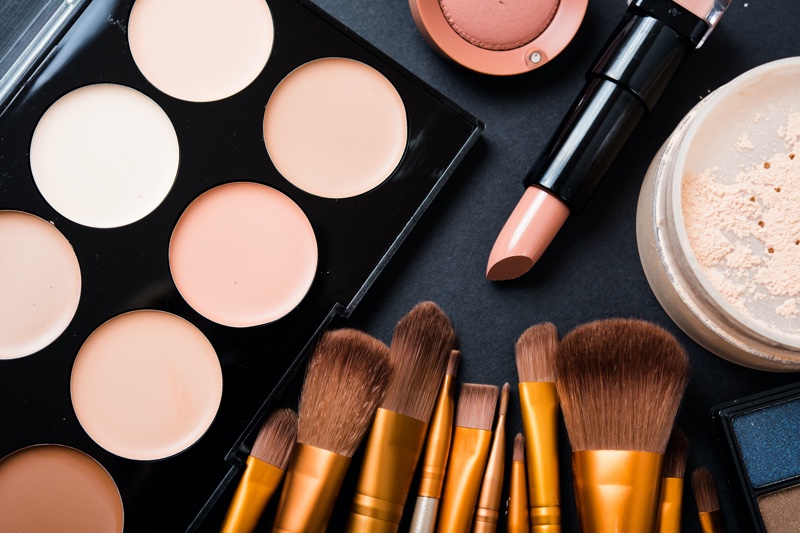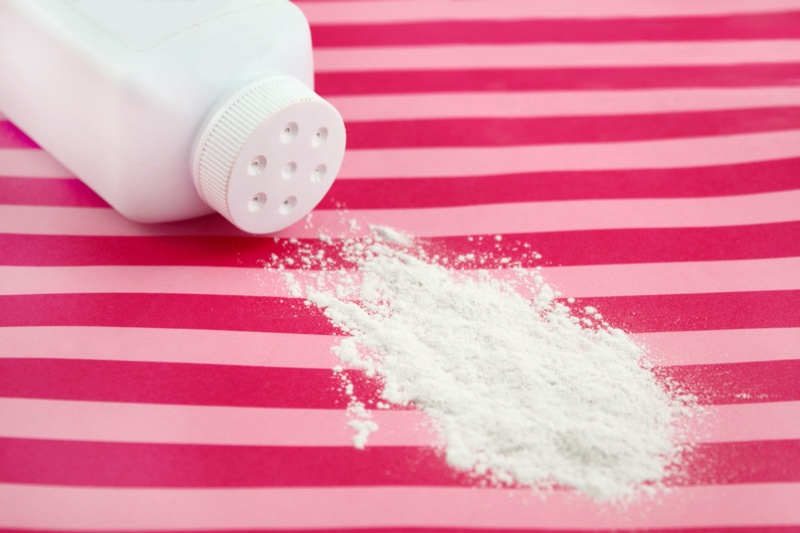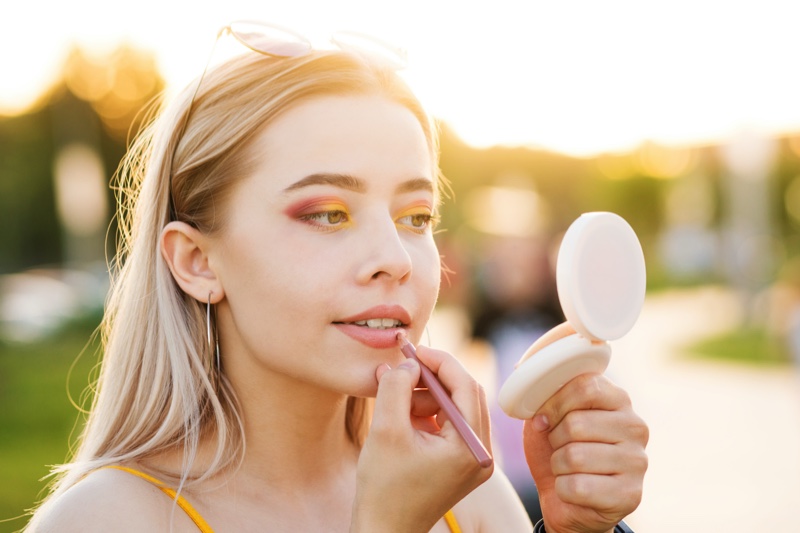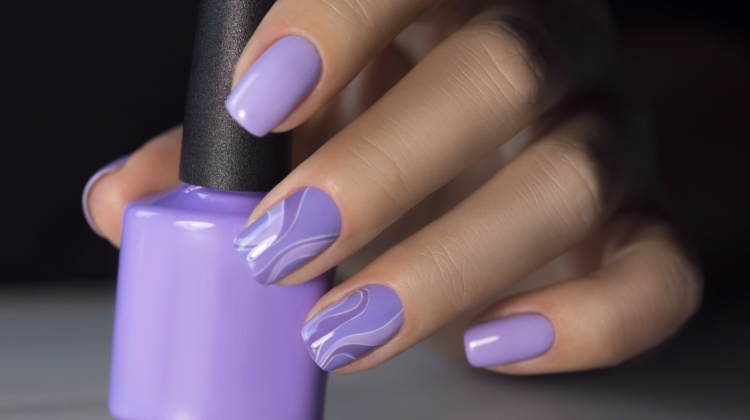Using beauty products and items like makeup and body cleansers can go a long way toward keeping you feeling fresh and clean. In addition to improving one’s health in general, maintaining a clean and tidy appearance always does wonders for your self-esteem and self-confidence.
However, recent studies reveal that some of these products contain harmful ingredients like allergy-triggering and cancerous substances.
Individuals exposed to high levels of these components are more likely to develop cancer than those who do not use these ingredients. Many patients who reportedly have been diagnosed with uterine cancer have sought the services of Dolman Law Group and other law firms across the United States. It’s to help them properly establish their personal injury claims against the manufacturers of these products.
Some Beauty Products Linked To Cancer
1. Talc Products Containing Asbestos
Asbestos fibers continue to be detected in talc products today. Reports of analyzed talc cosmetics contained asbestos fibers which endanger workers in manufacturing areas and the consumers who use these products.
Instead of helping improve your appearance and make you more confident, these facial and body powders will do you more harm than good because of their asbestos content.
Using these asbestos-contaminated talcs may make you suffer mesothelioma. It’s a deadly form of cancer that’s rarely curable. The cancer cells, in this case, usually establish themselves in the lining that protects the outer layers of some of the affected organs in the body.
2. Shampoos & Lotions With Formaldehyde
Trace amounts of formaldehyde may be found in food, smoke, and plants. It’s a chemical used in small and regulated quantities in many beauty products as a preservative. It helps ensure that hazardous bacteria do not grow on the cosmetics, lotions, and shampoos you use.
But formaldehyde is a known carcinogen that exposes users to cancer risk. Compounds that include formaldehyde in their preparations are frequently found in personal care goods. Hair straightening and smoothening products, shampoos, skincare items, nail polishes, and shower gels are some of these compounds.
When inhaled or applied topically, formaldehyde can irritate the eyes, throat, lungs, and skin. Many studies linked the chemical to causing cancer in individuals with constant exposure. The dose, duration, and the person’s job dictate the level of exposure to this hazard.
It’s now known to cause myeloid leukemia and rare cancers, including nasopharynx cancers and other cancerous growths in the nasal cavity areas.
3. Skincare Products With Parabens
Parabens are usually found in cosmetic products like skin moisturizers and face foundations. You can find them in various cosmetic items, including moisturizers, shampoos, shaving creams, spray-on tan treatments, and makeup.
They’re usually used as preservatives to stop bacteria from forming in these products. Due to recent findings, avoiding parabens is the topic that receives the most attention among skincare professionals.
Accordingly, parabens may cause breast and skin cancers, among other cancers. They are also said to lower sperm count, according to some research findings. It’s a highly hazardous substance in many beauty products, some of which you may have used for years.
Also, several studies demonstrated that parabens cause endocrine disruption. They’re known to disturb your hormonal balance and cause changes in your growth, development, and reproductive processes.
4. Cosmetic Products With Triclosan
Triclosan is usually found in beauty products like foot powders and soaps. Manufacturers use them for the same purpose as parabens. They’re used to limit the growth of bacteria and prevent bacterial infection in cosmetic products. They’re also found in antibacterial soaps, body washes, and toothpaste products.
It is, however, reported as a cancer-causing substance. Reportedly, exposure to excessive doses of triclosan can disrupt thyroid hormones and promote the growth of germs in the human body. Studies on triclosan and its role in the development of skin cancer are now being carried out as part of the many research projects worldwide.









